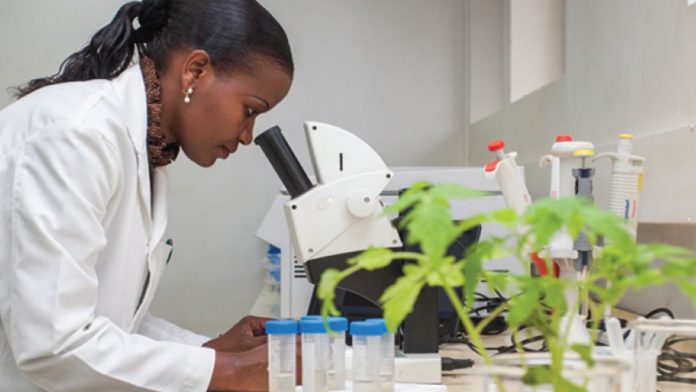News in brief:
-Â Genetic resources and biotechnology centre of Nigeria anticipates increased food supplies and lower prices following the success of the Seed For Resilience (SFR) project.
– The initiative introduced diverse crop varieties, making farmers less vulnerable to climate change, resulting in higher yields and increased demand for quality seeds which indicates confidence in achieving food sufficiency and reducing prices.
National Centre for Genetic Resources and Biotechnology (NACGRAB) predicts that Nigeria will soon see abundant food supplies and lower prices. It says that this is owing to a successful project promoting diverse, resilient crop varieties.
The centre’s acting director, Dr. Anthony Okere, made the announcement after a 2023 Technical Working Group meeting on the Seed For Resilience (SFR) project.
The SFR was launched in 2021 in collaboration with the Global Crop Diversity Trust (Crop Trust) which aims to improve NACGRAB’s gene bank efficiency and expand its utilisation by farmers and researchers.
Additionally, the project introduced farmers to diverse sorghum, cowpea, and other crop varieties that is expected to make them less vulnerable to climate change, while boosting productivity. This contributed to food and nutrition security goals.
Okere revealed that farmers and other users praised the initiative for showing significant success, adding that the good quality seeds planted this season yielded much higher results compared to 2022.
Furthermore, the body’s acting director noted increased demand for these diverse seeds from NACGRAB’s gene bank. He stated that this indicated farmers’ confidence in their potential for higher yields and consequently, food sufficiency and price reduction.
Dr. Olabisi Alamu, the project’s Activity Team Leader for User Engagement, elaborated on outreach efforts over the past three years. Farmers in Oyo, Niger, and Kano states received training and access to various cowpea and sorghum varieties preserved in the NACGRAB gene bank.
Alamu added that the farmers are actively using the seeds to improve their production, leading to higher yields and income. He added that over 1,000 farmers across 49 cluster groups have benefited from the SFR project and are adopting the resilient varieties due to their superior traits and yields.



